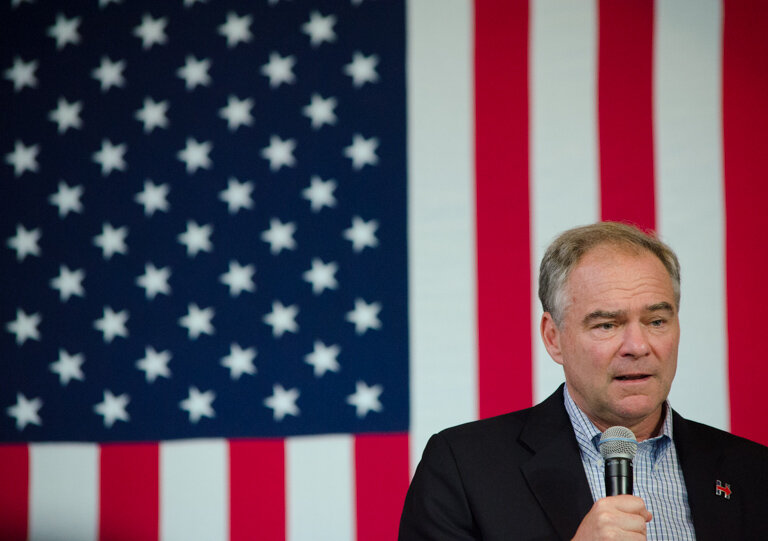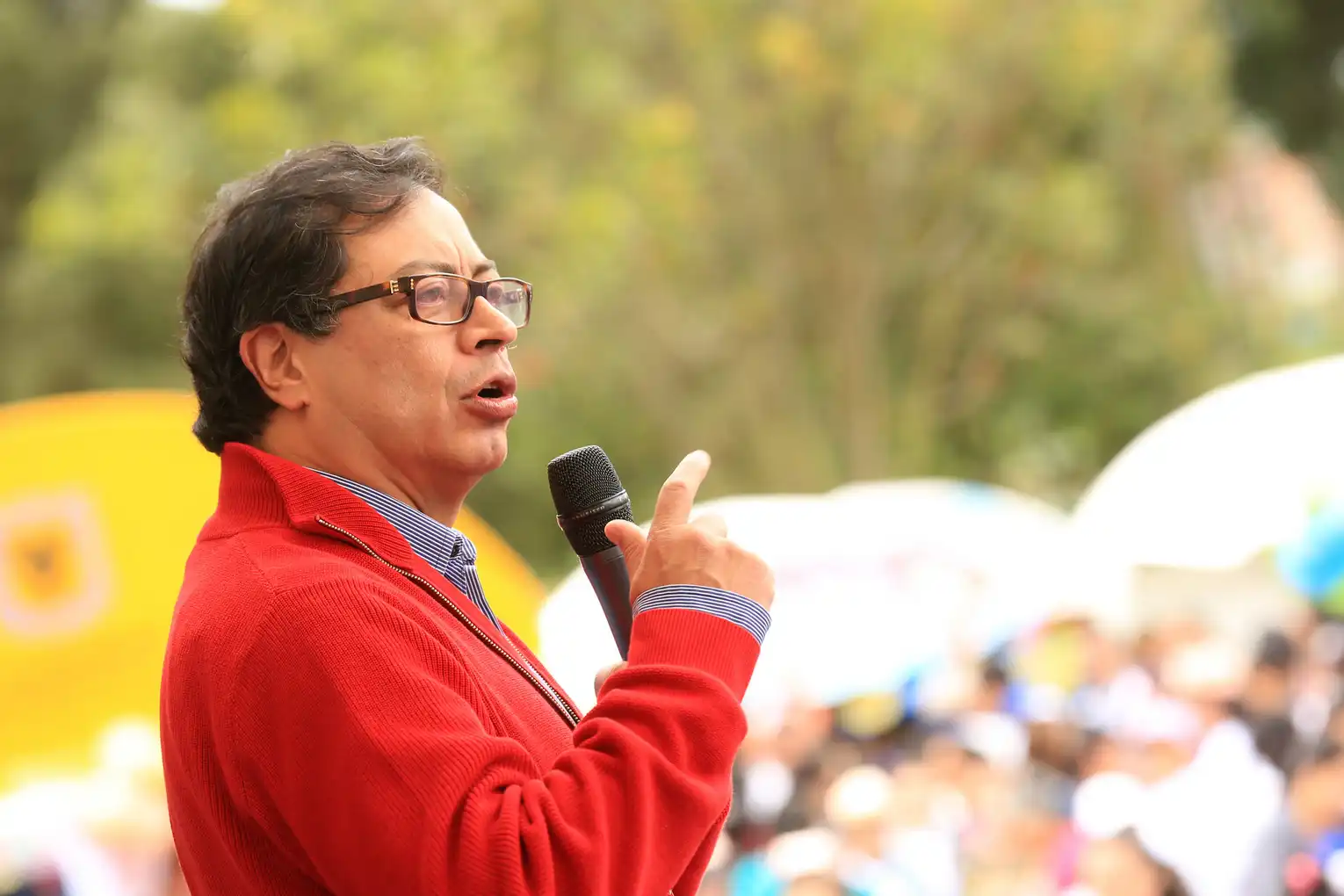PICTURED: A Lysychansk building hit by a June 16th airstrike. PC: State Emergency Service of Ukraine. CC 4.0.
KYIV, Ukraine. July 4th, 2022. Russian forces have taken control of the entire Luhansk Oblast after securing the city of Lysychansk following a tactical retreat by Ukrainian forces.
Analysts expect the Russian Federation’s military to switch focus now towards the neighboring Oblast of Donetsk, which together make up what is known as the region of Donbas.
As WaL reported in early June, the first 90 days of media coverage of the war universally featured a variety of analysts, including civilian, military, and ex-military minds, presenting supposedly hard facts that Russia can’t win or has already lost, punctuated by claims that sanctions were wrecking economic havoc, and the failure to take Kyiv demonstrated military-ineptitude on the part of Russian generals.
With little left to do in Donetsk, Russia has taken almost the entire eastern portion of the country, about a fifth of the total landmass. Interestingly, there are still analysts portraying the conflict as a give and take affair, with Neil Melvin of the London-based think tank, RUSI, telling Reuters that losing Lysychansk, was, more or less, part of grand strategy.
“Ukraine’s position was never that they could defend all of this,” Melvin said. “What they’ve been trying to do is to slow down the Russian assault and cause maximum damage, while they build up for a counteroffensive”.
Contrastingly, the United Kingdom’s defense ministry has said that the capture came “relatively quick” and showed “better coordination than in its earlier offensives”.
PICTURED: In this excellent map by Southfront.org, one sees the Russian progress around the east and south. PC: www.southfront.org
Where are the billions?
Ukrainian politicians and officials have on several occasions criticized their allies for not sending more money and weapons, or for sending them too slowly.
While the great economies of the West reel under monetary inflation, crumbling supply chain interruptions, and shortages at levels which haven’t been seen in a pair of generations, that hasn’t stopped Ukrainian President Zelenskyy asking for ludicrous sums of money, and President Biden from routinely sending packages of armaments usually worth around $1 billion.
“Reconstruction of Ukraine is not a local task of a single nation,” Zelenskyy said via a video message to a conference in Switzerland. “It is a common task of the whole democratic world—all countries, all countries who can say they are civilized”.
The task, Zelenskyy said, will cost $750 billion.
Dave DeCamp, writing for Antiwar, wrote on Monday that the US and EU have seized the assets of Russian billionaires and froze Russian foreign currency reserves, funds totaling about $300 billion. Western officials have explored the idea of using frozen Russian funds to spend on Ukraine, DeCamp writes, “but the step would be a major escalation in the economic campaign against Moscow, as it would amount to outright theft”.
The EU’s foreign policy chief, Josep Borrel called the move “full of logic.” In May, U.S. Treasury Secretary Janet Yellen said the US was considering the idea, but conceded that it would not be legal now.
Taking note
The U.S.’s always-prompt, and never-ending assistance to Ukraine has accumulated to such a level as would be hard to defend should it be considered a justification for the Kremlin to expand it’s war in some outward way that would hurt the U.S.
On June 29th, Russia’s Deputy Security Council Chairman Dmitry Medvedev said the level of sanctioning, and deliberate attempts to crush the Russian economy may be considered a justification for war.
“I would like to point out once again that under certain circumstances such hostile measures can also qualify as an act of international aggression. And even as a casus belli (justification for war),” Medvedev said, adding that Russia has the right to defend itself.
Fiona Harrigan, writing for Reason, pointed out the recent New York Times report on covert CIA assistance in intelligence, weapons funneling, and training to the Ukrainian military going on in Kyiv, calling it a “a stealthy network of commandos and spies”.
“The U.S. hasn’t officially declared war against Russia, but it’s helped kill Russian generals and sink the flagship of Russia’s Black Sea fleet,” writes Harrigan. “These moves have largely been unilateral, secretive, or both, leaving Americans unaware of just how implicated the U.S. is in the conflict”.
Like the Russian Federation, the United States doesn’t declare war, and all military conflicts since the Second World War, regardless of the level of American approval, or military involvement, have been signed as “Operations”. Eisenhower called the Korean War a “police action,” and even considering the totality of the 2003 Invasion and Occupation of Iraq, the people’s house did not declare war on Saddam Hussein.
As such, conditions for war have entirely left the domain of anything resembling clarity. With any move to counter the Russian military’s actions in Ukraine, the U.S. risks involving itself in a way that would hugely endanger world security.




